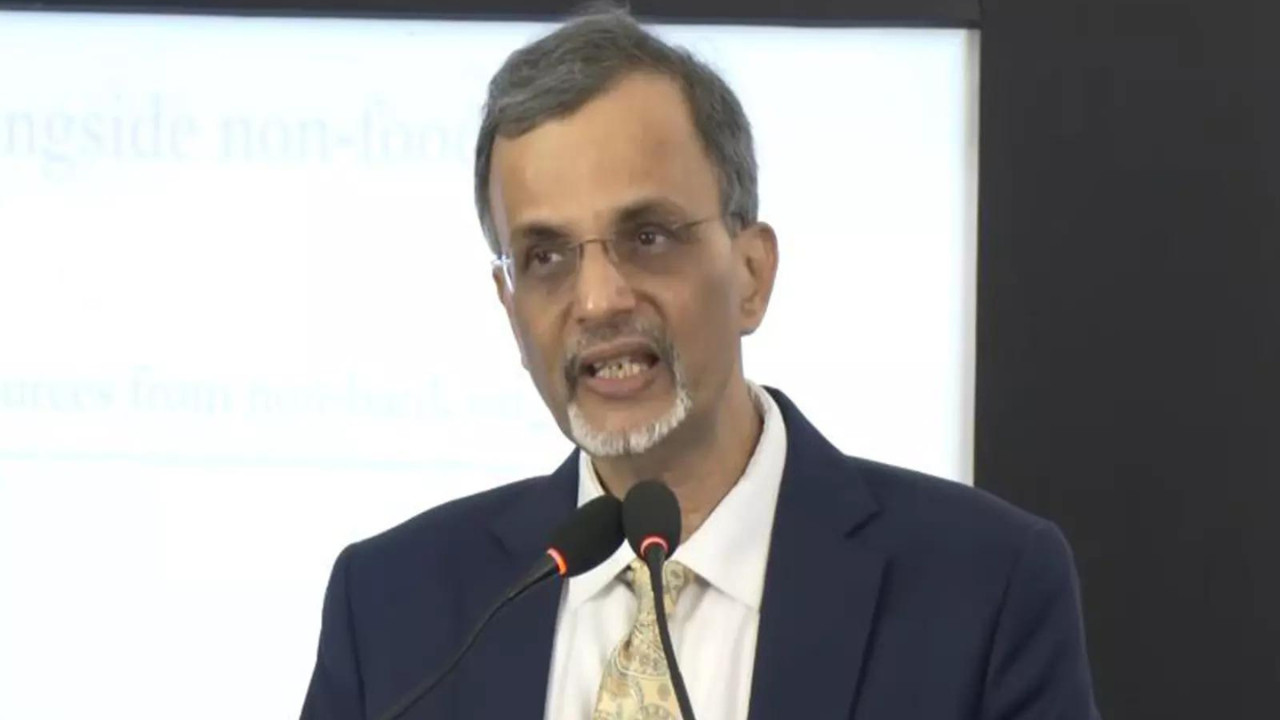The Income Tax Department is developing rules for the upcoming Income Tax Bill, 2025. CBDT Chairman, Ravi Agarwal, announced this at the 166th Income Tax Day event. The new rules will focus on clarity and simplicity for taxpayers. The department uses data analytics to encourage voluntary disclosures. A ‘Nudge campaign’ helps taxpayers review and update their filings.
Navigating the New Tax Landscape: Get Ready for a Simpler, More Humane System
The world of taxes can often feel like a dense jungle, filled with confusing regulations and paperwork that seems designed to trip you up. But what if I told you that the landscape is changing, and for the better? The Income Tax Department is embarking on a mission to simplify the tax process, inject empathy into enforcement, and ultimately, make the experience less daunting for every taxpayer. It’s a big promise, but based on recent statements from the Central Board of Direct Taxes (CBDT) chief, it’s a promise they intend to keep.
For too long, dealing with taxes has been synonymous with stress and anxiety. The goal now is to shift that perception, moving towards a system built on trust and understanding. This isn’t just about tweaking existing laws; it’s about fundamentally rethinking how taxes are administered and collected.
A New Era of Tax Administration: Simplicity at the Core
At the heart of this transformation is a commitment to streamlining rules and forms. Anyone who’s wrestled with complex tax forms knows how frustrating the experience can be. The CBDT is actively working on creating user-friendly forms that are easy to understand and complete. This will not only save taxpayers time and effort but also reduce the chances of errors, which often lead to further complications.
The ambition extends to the entire digital infrastructure supporting tax filing. Imagine a system that proactively guides you through the process, anticipates your needs, and offers helpful explanations along the way. This vision of a seamless, intuitive digital platform is what the Income Tax Department is striving to create.

Enforcement with Empathy: A More Humane Approach
But simplification is only one piece of the puzzle. Equally important is the shift towards “enforcement with empathy.” This means moving away from a purely punitive approach and embracing a more understanding and supportive stance. While ensuring compliance remains a priority, the focus will be on educating taxpayers, helping them understand their obligations, and providing them with opportunities to rectify errors before resorting to stringent measures.
The Impact of the New Tax Bill on Businesses
The implications of these changes extend far beyond individual taxpayers. Businesses, both large and small, stand to benefit from a simpler, more predictable tax environment. Reduced compliance costs, streamlined procedures, and a more cooperative approach from the authorities will free up resources that can be invested in growth and innovation.
Furthermore, the emphasis on fairness and transparency will create a level playing field for all businesses, promoting healthy competition and discouraging tax evasion. This, in turn, will contribute to a more robust and sustainable economy. To get a better understanding of compliance, read our article on navigating GST audits.
Preparing for the Future: What You Need to Know
While the exact details of the new rules and forms are still being finalized, it’s never too early to start preparing for the changes ahead. Here are a few things you can do to stay informed:
* Stay updated: Keep an eye on official announcements from the Income Tax Department and the CBDT.
* Familiarize yourself with the existing rules: A good understanding of the current tax laws will make it easier to adapt to the new system.
* Seek professional advice: If you’re unsure about any aspect of your tax obligations, consult a qualified tax advisor.
* Embrace digital tools: Get comfortable with using online platforms for tax filing and communication.
The move towards a simpler, more humane tax system is a welcome development for everyone. It promises to reduce stress, save time, and foster a greater sense of trust and cooperation between taxpayers and the authorities. By staying informed and preparing for the changes ahead, you can ensure that you’re ready to navigate the new tax landscape with confidence.
The future of taxation appears to be one centered around user experience and building collaborative relationships. This approach, focusing on proactive assistance and clear communication, promises a more transparent and equitable system for all. As these changes are implemented, the hope is that the often-dreaded task of tax filing will become a simpler, less burdensome process, benefiting individuals and businesses alike.







